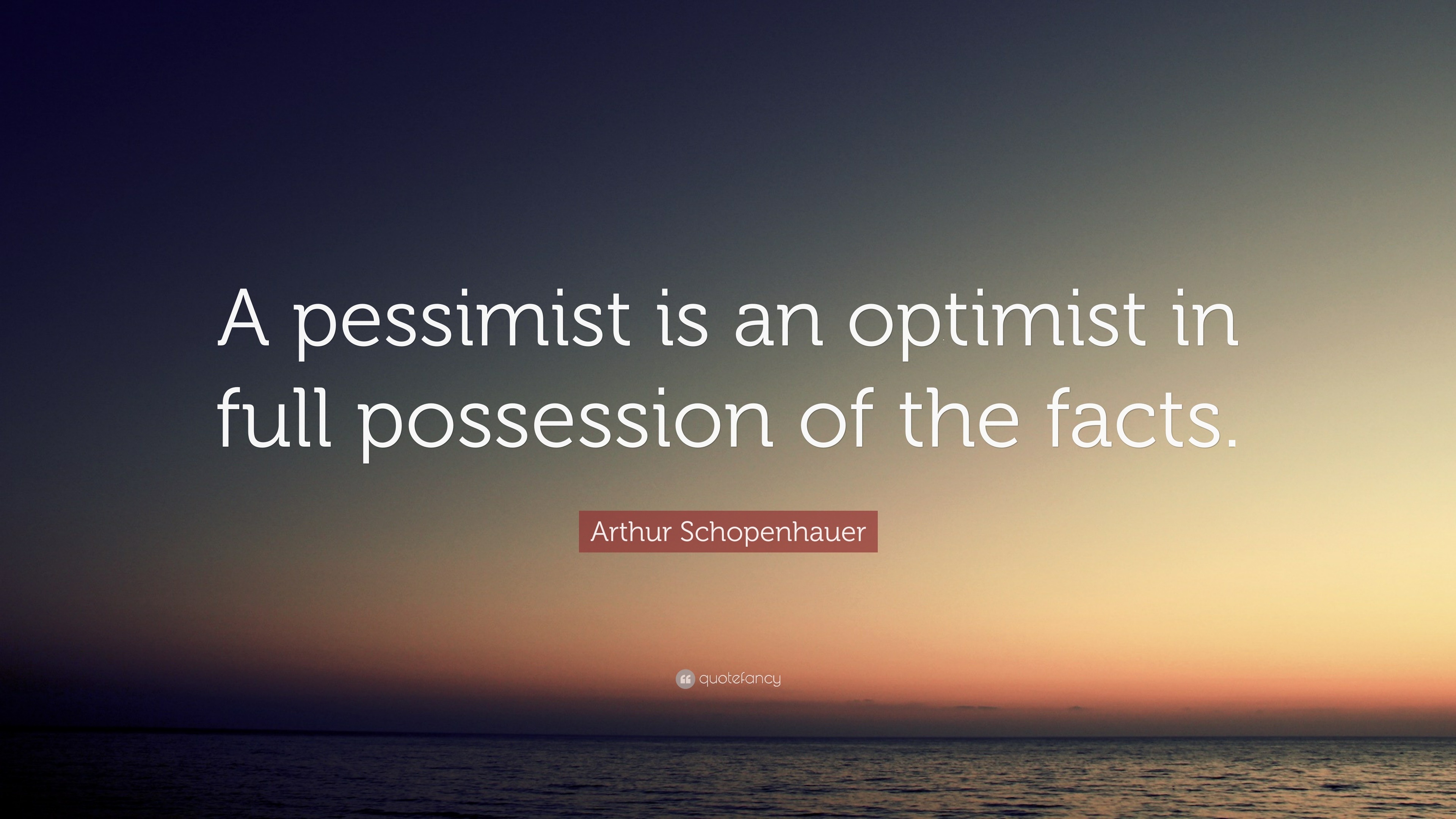
People who identify as pessimists tend to be more accurate predictors, especially about their own achievements, in research. “ Whenever our expectations turn out to be wrong, they become a learning signal that we use to form better expectations in the future.”Įxperiences constantly reshape our cognitive models of the world - when they prove wrong - to maximize the chances of our survival. “ Whether we are conscious of it or not, we’re always forming expectations,” according to Aaron Heller, an associate professor in the Department of Psychology. Indeed, how we reconcile this dissonance between what we want or think and what happens might be at the heart of how we develop our attitudes. If you are not happy, that’s your fault for not changing your outlook, which blames you for your misery. This is also the source of concern with the belief that only we can make ourselves happy. What happens though when, as seems most likely, you don’t manifest yourself into a Ferrari? Some teach that negative thoughts are what is keeping you from success, implicating you in your own failures. ‘Fake it til you make it ‘, they like to say in the USA. Strands of optimism mutated into positive psychology and ultimately the belief that simply believing in what you want can ‘manifest’ it for you, which is dangerous magical thinking. Pessimism came rapidly after to mock philosophers like Voltaire who wrote in Candide: “ If this is the best of all possible worlds, what on earth are the others like?” Interestingly, lots of schools of thought get branded by their detractors. This is why we can’t really conceive of death, as Damien Hirst pointed out with a pickled shark, and tell ourselves stories about what might happen after it. The ultimate intent is to remind us that “ life moves pretty fast… If you don’t stop and look around once in a while, you could miss it” - as Ferris Bueller opined in his opening scene. If you don’t believe in a future you don’t invest in it, which might become a self fulfilling prophecy.

Living like you could die tomorrow is not always the most practical advice because it completely privileges the present over the possible. It tells the tale of a man who gets a fatal diagnosis that reminds him to make the most of life and then does his bucket list things and becomes a better husband and person. It enables planning and an inherent sense of the fugit of tempus, but it also pulls us out of the present, creating anxieties about things that have not and may never happen.Ĭountry superstar Tim McGraw’s song ‘ Live Like You Were Dying’ encapsulates one way of collapsing these multiple time horizons we are forced to constantly live in.

It means we can consider dangers that may present themselves and take prudent, prophylactic behaviour. It’s a remarkable skill, allowing us to invest time in the present sowing crops with the expectation of harvest. Humans have the unique ability to consider the future


 0 kommentar(er)
0 kommentar(er)
